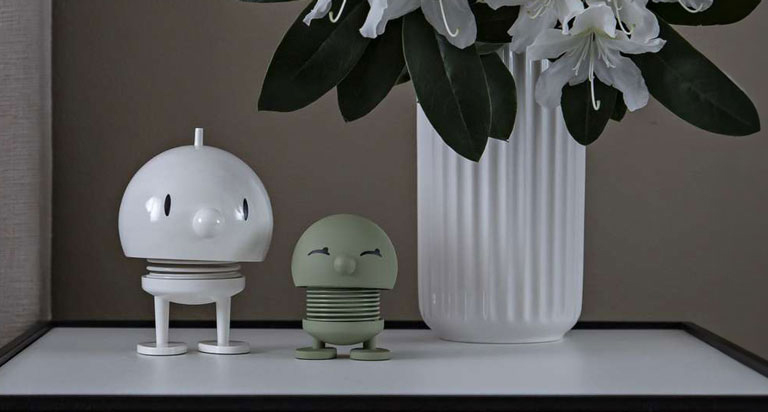Kartell is counted as one of the traditional, Italian design companies
Kartell, founded in 1949 by the engineer Giulio Castelli in Milan counts as one of the traditional Italian design companies today next to Alessi, Brionvega, Danese or Flos. Above all, Kartell is regarded as one of the pioneer companies in plastic furniture production.
Whilst plastic was seen as an inferior material by many producers, Kartell banked on this material and ensured as a pioneer just as Depot4Design or Heller does today that this material now has the same rights as other materials.
Kartell became known at the start of the 1950s for its household goods production. The house designer Gino Colombini was the driving force who served up the previously dreary and pale kitchen equipment such as lemon squeezers, rubbish bins or storage jars in new appetising shapes and colours.
Furniture series made of plastic
People experimented at Kartell from the beginning to the mid-60s, above all with new production processes to obtain sturdy and hard-wearing plastics which could be used to make furniture. An earlier and allegedly the first complete plastic seat at all, the clumsy but stackable and weatherproof children’s stool with the name “K4999” was developed in cooperation with the designers Marco Zanuso and Richard Sapper in 1964. Whilst only household goods and a small light series had been produced from plastic at Kartell until then, the “K4999” introduced the plastic furniture decade.
Innovative, creative and functional Kartell functional
Kartell carried out the lab research in the course of the 60s so that designers could develop their products on the basis of always new patented plastics. Italian design greats such as Joe Colombo, Achille Castiglioni, Vico Magistretti or Anna Castelli Ferrieri designed a variety of plastic furniture series on this basis which are regarded as classics today. For example Joe Colombo’s stackable chair 4867 (1968) which was a bestseller and is still very popular today or the stackable container elements 4970/84 by Anna Castelli Ferrieri (1967), which are built without any screws and other fastenings and which are still a permanent part in Kartell’s programme.
Kartell experienced a real crisis after moving from Milan to Noviglio in 1972. The oil price shock of 1973 didn't leave Kartell unaffected either. Expensive oil as a basis of plastic production didn't just drive the prices of the plastic furniture higher, it also gave plastic as a material a big image problem. Plastic products got into greater and greater difficulties, especially because of the 1980s ecological movement and gained a reputation for being throwaway products.
The designer Philippe Starck led Kartell out of the crisis
Executive manager Giulio Castelli left in 1988 and Claudio Luti, who had previously been an advisor to the couturier Gianni Versace, became the new manager. Above all a Philippe Starck design led Kartell out of the crisis. The company had a successful turnaround with Starck’s chair Dr. Glob (1989) which rehabilitated plastic in the furniture area. Many successful products followed: the container system Mobil by Antonio Citterio or the Bookworm shelf by Ron Arad (both 1994), the chair Dr. No by Philippe Starck (1996), the chair Maui by Vico Magistretti (1997), which count as the most used chairs in the world today or the Bubble collection by Philippe Starck (2001) to name but a few.
Buy Italian design classics in the Design Online Shop
The Kartell company once again has increasing growth figures today. The former difficulties which came from the bad image of plastic are now a thing of the past. The manager Claudio Luti has a visionary view of the future. The Kartell brand which became known for plastic furniture will probably say farewell to the plastic age sometime and turn to innovative materials beyond plastic. For now, Kartell with its 21 flagship stores, 250 Shop-in-Shops, and 4,000 further sales outlets from Hong Kong to Miami is regarded as one of the showcase companies for Italian design furniture.
Website by Kartell

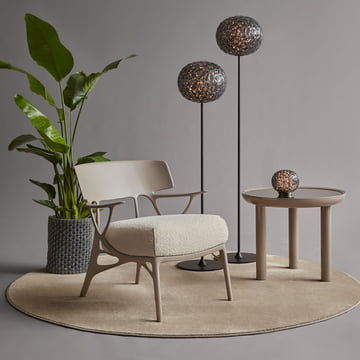
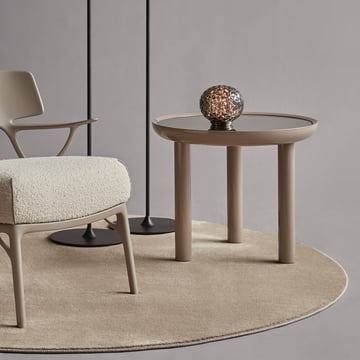
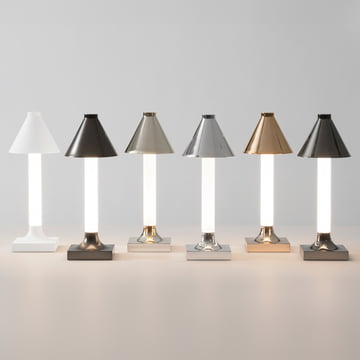
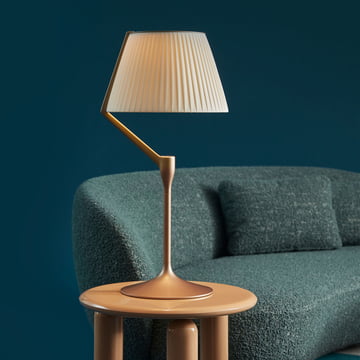
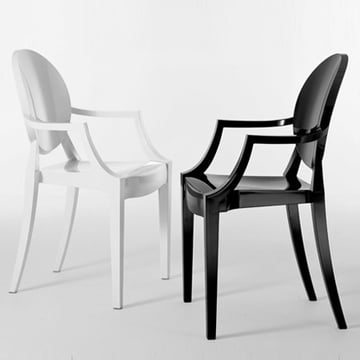 Expressive chairs
Expressive chairs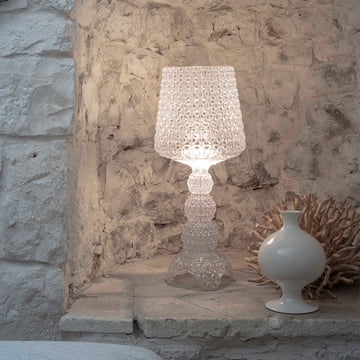 Extravagant lights
Extravagant lights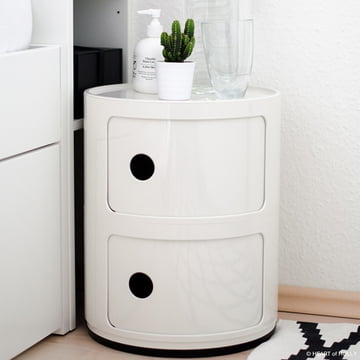 Flexible home accessories
Flexible home accessories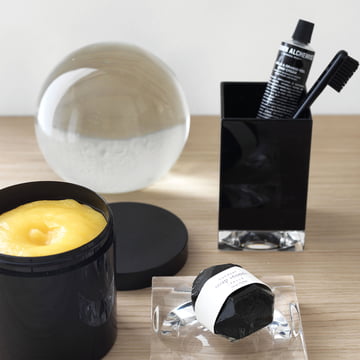 Elegant bathroom accessories
Elegant bathroom accessories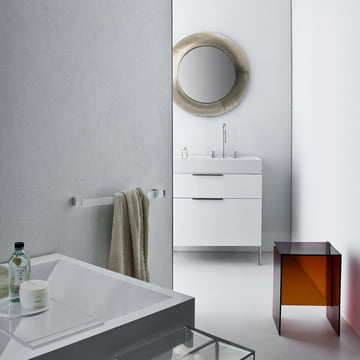 Cartel by Laufen
Cartel by Laufen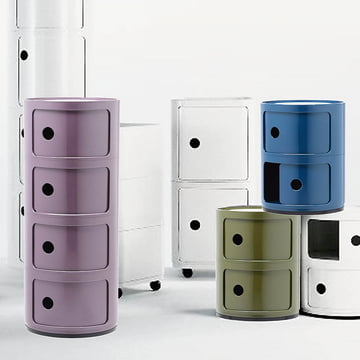 Kartell - Componibili Collection
Kartell - Componibili Collection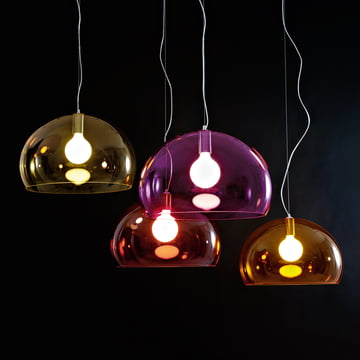 Kartell - FLY Lighting collection
Kartell - FLY Lighting collection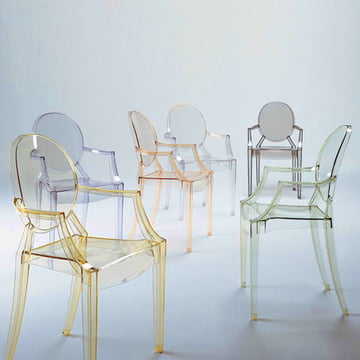 Cartel - Ghost Chair
Cartel - Ghost Chair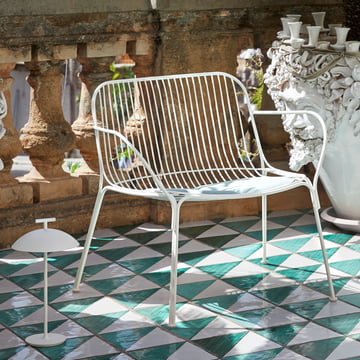 Kartell - Hiray
Kartell - Hiray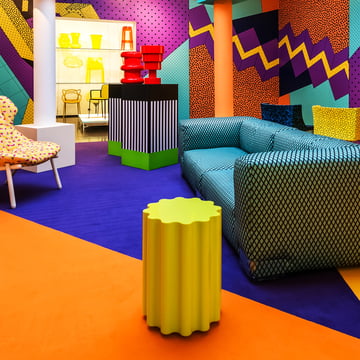 Cartel - Cartel goes Sottsass - A Tribute to Memphis
Cartel - Cartel goes Sottsass - A Tribute to Memphis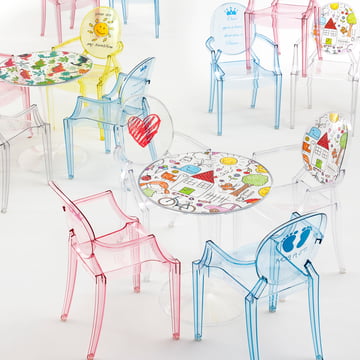 Kartell - Kids Collection
Kartell - Kids Collection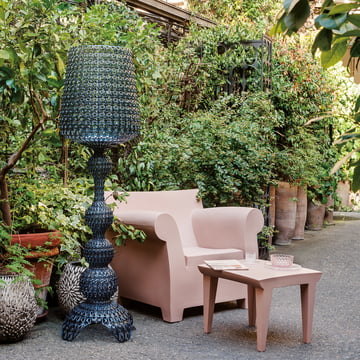 Kartell - Outdoor Collection
Kartell - Outdoor Collection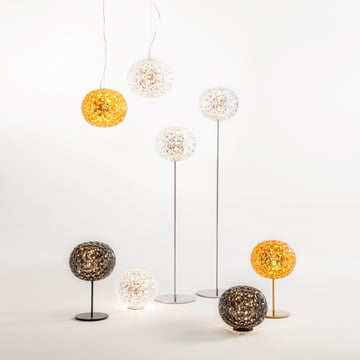 Kartell - Planet Lights
Kartell - Planet Lights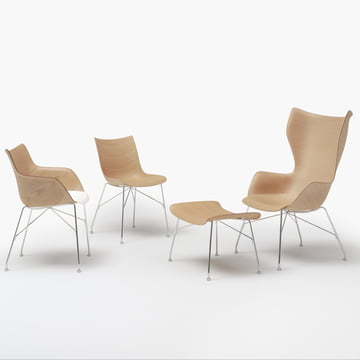 Cartel - Smart wood
Cartel - Smart wood Andries van Onck
Andries van Onck
 Anna Castelli Ferrieri
Anna Castelli Ferrieri
 Antonio Citterio
Antonio Citterio
 Enzo Mari
Enzo Mari
